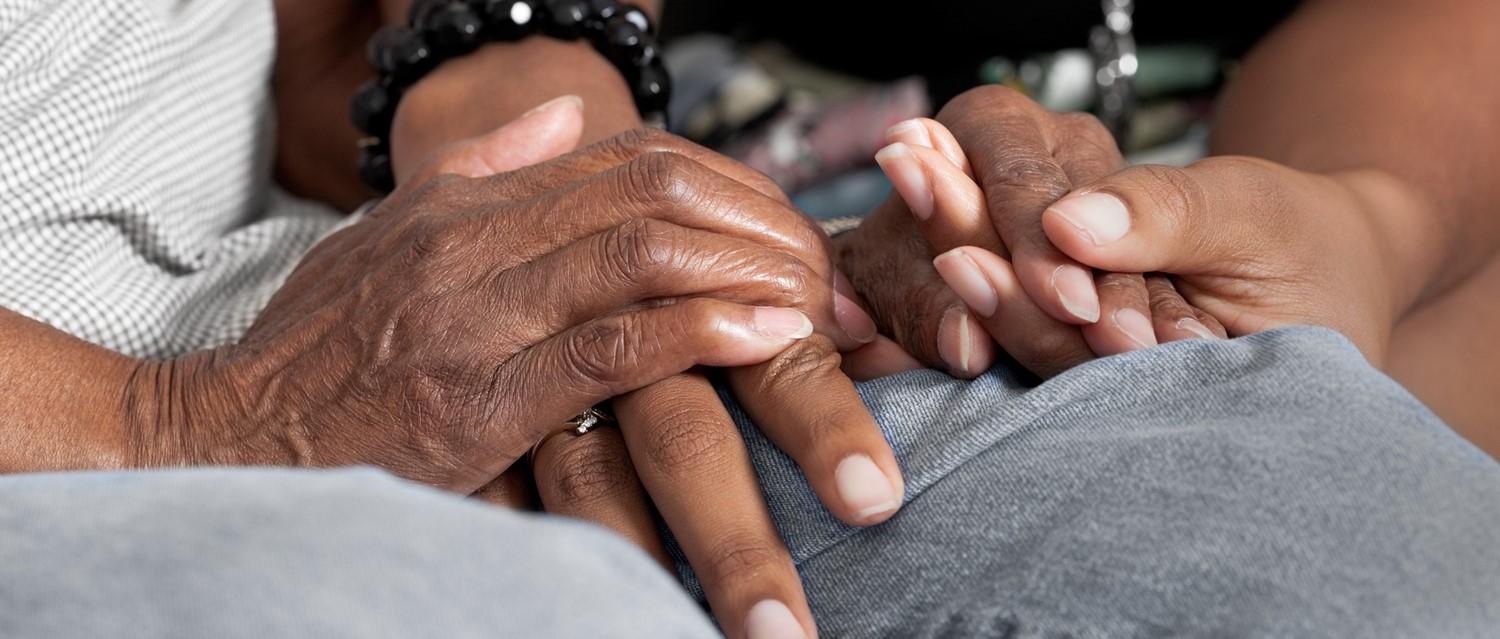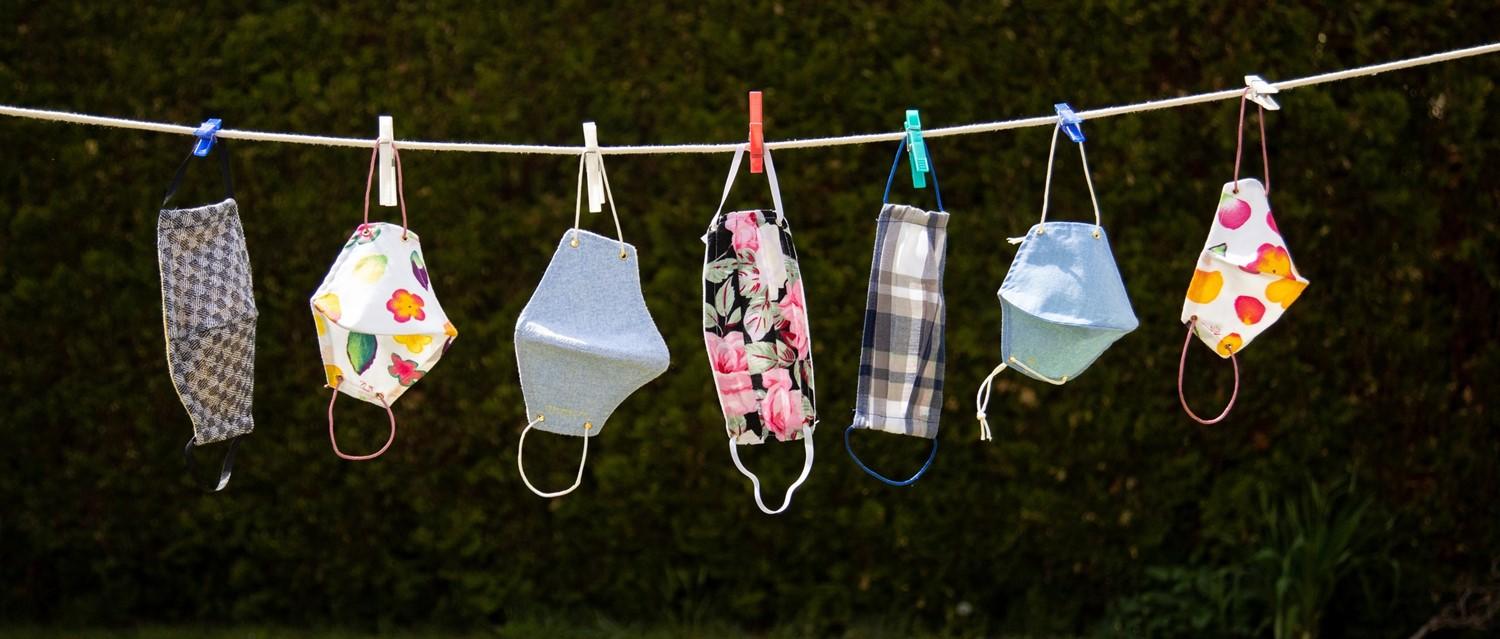
How has COVID-19 impacted cancer patients?
Peer reviewed by Dr Sarah Jarvis MBE, FRCGPLast updated by Gillian HarveyLast updated 14 Sept 2020
Meets Patient’s editorial guidelines
- DownloadDownload
- Share
- Language
- Discussion
Coronavirus has caused an unprecedented health crisis in the UK. As well as the need to treat and prevent the illness itself, the demand placed on the NHS, and the anxiety created in the general public, there has been an impact on the treatment of other diseases such as cancer.
In this article:
The initial impact of COVID-19 was experienced by cancer patients in March, when many diagnostic and treatment services were shut down and staff diverted to manage the coronavirus crisis.
"The first thing that happened was confusion," says Dr Karol Sikora, Oncologist CMO of Rutherford Health. "The NHS began to switch off other services and redeploy staff. Chemotherapy nurses were redeployed to intensive care units, for example."
For some, this meant treatment was cancelled, delayed or stopped altogether for a while. These delays for patients caused a great deal of stress and anxiety, and may have had an impact on outcomes for some. "As the crisis comes to an end, people are now receiving treatment. But the shutting down of cancer services at the time created a huge emotional problem for many cancer patients," says Dr Sikora.
Continue reading below
A drop in diagnosis
As well as treatment being postponed for many patients for a period, the number of cases of cancer diagnosed dropped sharply due to departments being shut down, biopsies being cancelled and people unable or reluctant to access GP services.
"There are 360,000 new cancer diagnoses a year in the UK - that's 30,000 a month," explains Dr Sikora. "But in the month of April, there were only 5,000 new diagnoses. In May there were 8,000 and in June 10,000. So for three months the numbers were significantly down."
"The reason was twofold," Dr Sikora explains. "People were too worried to go to their doctor, or felt reluctant to use up resources when there were people who were more ill than they were. In addition, the system was essentially closed - even more urgent symptoms referred under the two-week wait weren't being seen."
Despite the NHS opening up and treatment and diagnostic services running again, restrictions necessitated by coronavirus mean many procedures now take longer, creating a backlog in the system.
"Part of the problem is that a lot of procedures are AGP - aerosol generating procedures," explains Dr Sikora. "The hygiene measures necessary between procedures are more complex, meaning, for example, that in an endoscopy clinic you can see 3-4 patients in a morning instead of the usual 10-12."
The role of screening
Back to contentsAs well as an estimated 2,300 patients per week not diagnosed through referral, Cancer Research UK has reported an estimated 400 a week who have not been diagnosed because of screening service delays. For some months cancer screening services were formally paused in Scotland, Wales and Northern Ireland. In England, screening hubs were not sending out invitations, so the end result was the same. As a result, there is now a backlog of of 2.1 million people overdue screening for bowel, breast or cervical cancer.
Screening services are now up and running, but the NHS reports delay and backlog as a result of all the patients who became eligible for screening during the height of the pandemic. It's important to note that this type of screening (such as routine mammograms) is offered to healthy people who do not have symptoms.
If you are waiting for a screening appointment but have any symptoms or concerns, it's important to speak with your doctor rather than wait for your routine appointment to come through.
Continue reading below
The danger of delay
Back to contentsThe lower number of cancer diagnoses since March suggests that there are many people suffering from symptoms but feeling unable to access medical services. However, with cancer, timely diagnosis is crucial.
"If cancer remains untreated, it usually grows. The disease spreads from a primary organ and goes up in stages. Stage 1 is confined to the organ - breast, lung or colon, for example. In stage 2 it infects the cells around it. Stage 3 affects other organs. Stage 4 is widespread cancer," explains Dr Sikora.
"The survival rate for stage 1 cancers is excellent. For example, with stage 1 breast cancer there is a 95% survival rate. With stage 2, it's 80%. But stage 3 is only 20%. So there's a big drop. Inevitably, an untreated or undiagnosed cancer will go through those stages.
"All cancer is treatable, but the chances of success are much greater with localised cancer than with cancer that's already spread."
It's crucial therefore that anyone suffering from worrying symptoms ensure they contact their GP - delays in diagnosis can lead to poorer outcomes.
Getting into the system
Back to contentsAs delayed diagnosis is potentially dangerous, it's important if you are suffering any worrying symptoms that you get checked out as soon as possible.
"The message is, if you have a symptom you're worried about, you must do something about it," Dr Sikora says. "It's going to take time for the NHS to recover; waiting lists are growing, but the important thing is to get into the system.
"Don't worry if you're only offered a phone call consultation initially. Take the phone call - everything can be sorted out. There are usually one or two critical tests - perhaps ultrasound or chest X-ray - that can be arranged on the phone and carried out the same week for most people. The most important thing is to get into the system. And if you're unhappy with the response you get - persist!"
Continue reading below
A brighter future?
Back to contentsWhile there's no doubt that coronavirus has impacted the treatment and diagnoses of cancer, longer-term it may have some benefits when it comes to cancer care. Due to the pressure of coronavirus on services, certain procedures have been simplified or streamlined to make treatment quicker and more accessible, and these changes may well remain going forward.
"Most departments have streamlined the way they operate so they can do faster courses of treatment - for example, converting intravenous drugs to oral drugs so people have to visit the hospital less frequently," he says. "Hotlines are set up. The medical profession has been talking about arranging follow-up appointments on the phone, but now we've been forced to do it.
"It's so much more convenient; and it's the way it will be done in the future."
Patient picks for General information

COVID-19
How to choose the right face mask for you
Face masks and coverings have become a familiar sight over the last year as we all work together to bring the coronavirus pandemic under control. But with so many on the market, are any face masks better than others and what should you be looking for in a face mask?
by Milly Evans

COVID-19
What are the differences between colds, flu and COVID-19?
Colds, flu and COVID-19 all come with at least some similar symptoms - so how can you know which is which, and what should you do if you're worried?
by Abi Millar
Continue reading below
Article history
The information on this page is peer reviewed by qualified clinicians.
14 Sept 2020 | Latest version

Ask, share, connect.
Browse discussions, ask questions, and share experiences across hundreds of health topics.

Feeling unwell?
Assess your symptoms online for free
Sign up to the Patient newsletter
Your weekly dose of clear, trustworthy health advice - written to help you feel informed, confident and in control.
By subscribing you accept our Privacy Policy. You can unsubscribe at any time. We never sell your data.